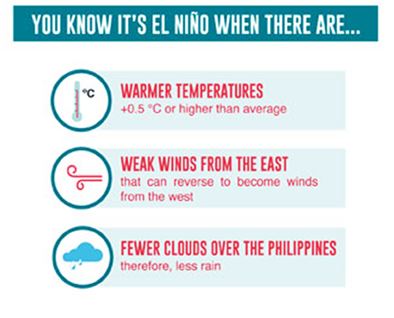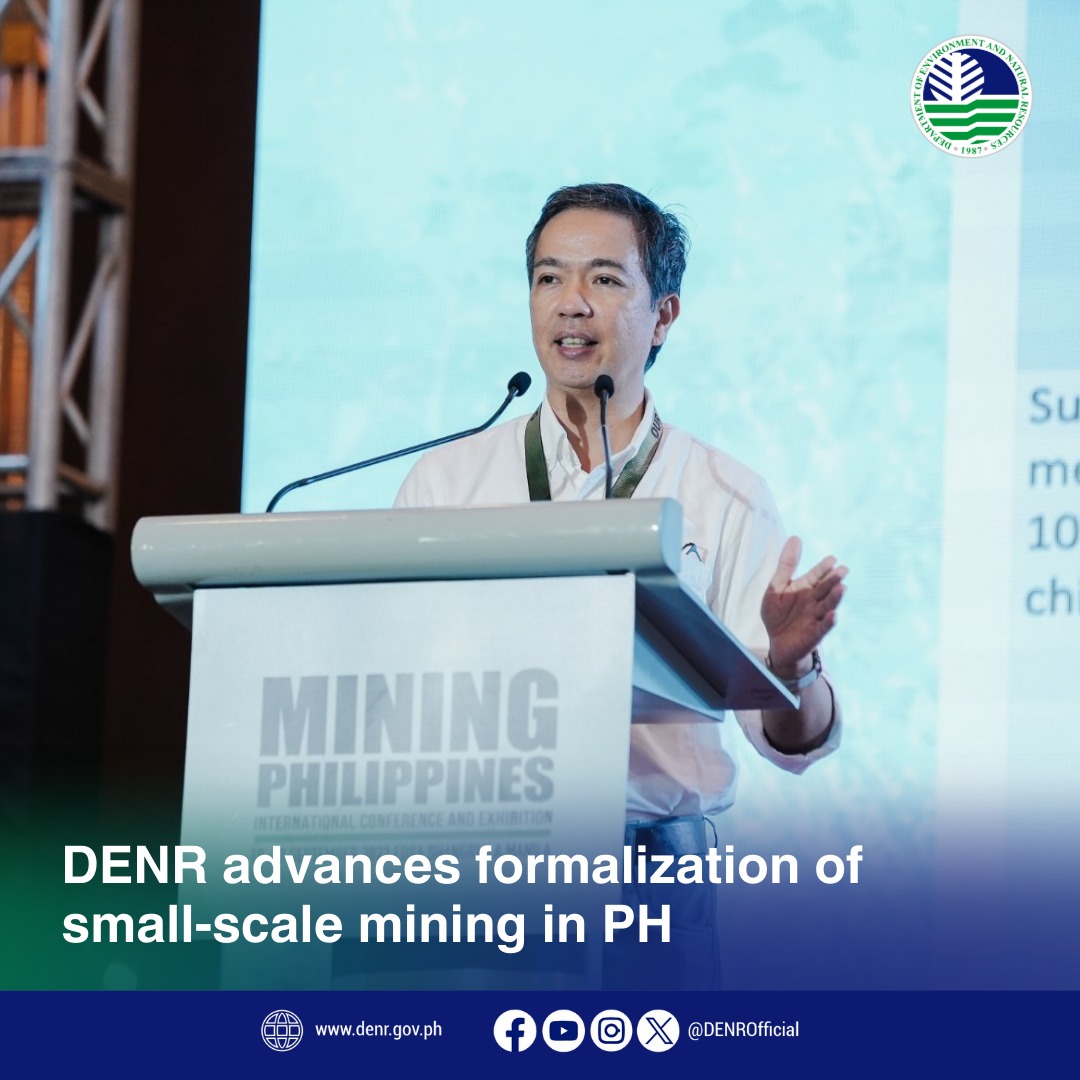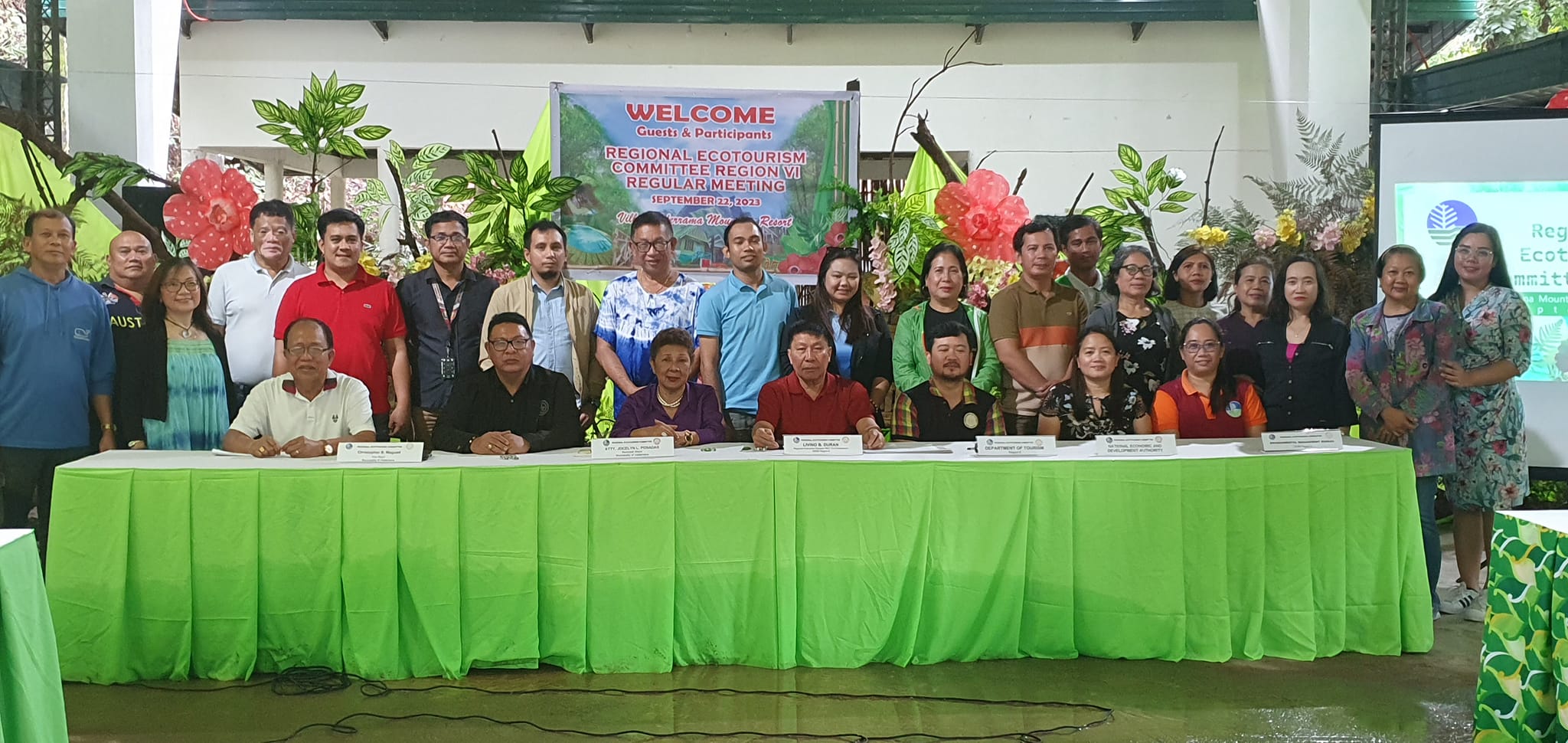WE MUST PREPARE TO BEAT THE HEAT - DENR 6

It is common knowledge that the Philippines lies in the tropics, which means that we experience hot temperatures for most of the year. However, El Nino is real and within our midst. It’s getting hotter. Are we ready to face it?
According to the World Meteorological Organization (WMO), El Nino is the extensive warming of the central and eastern equatorial Pacific Ocean’s surface waters that often occurs in the middle part of the year. It brings about changes in the circulation of the atmosphere in the tropics, affecting wind, pressure, and rainfall patterns.
The Philippine Atmospheric, Geophysical, and Astronomical Services Administration or PAGASA recently monitored that moderate El Nino persists in the Pacific. They are predicting it to gain strength in the coming months.
It is a significant threat to public safety as it endangers different sectors who are climate-sensitive such as agriculture, health, energy, and water resources to name a few. It would be attributed to below-normal rainfall in some parts of the country which can cause dry spells and droughts.
“Plant more trees and conserve our water resources. Being wasteful must not be an option because everything is scarce in times like this. Food, water, and energy supplies that are vital to us will dwindle and it can be catastrophic if we don’t mitigate the possible effects of El Nino,” notes DENR 6 Regional Executive Director Livino B. Duran.
The Department of Environment and Natural Resources (DENR) Region 6 thru its Regional Strategic Communication and Initiatives Group (RSCIG) in collaboration with its line bureau, the Mines and Geosciences Bureau, designed infographics so that the public may know more of this natural phenomenon. What can we do to prepare ourselves? There’s still time to spare.
- Details
- Parent Category: News & Events
- Category: Photo Releases






